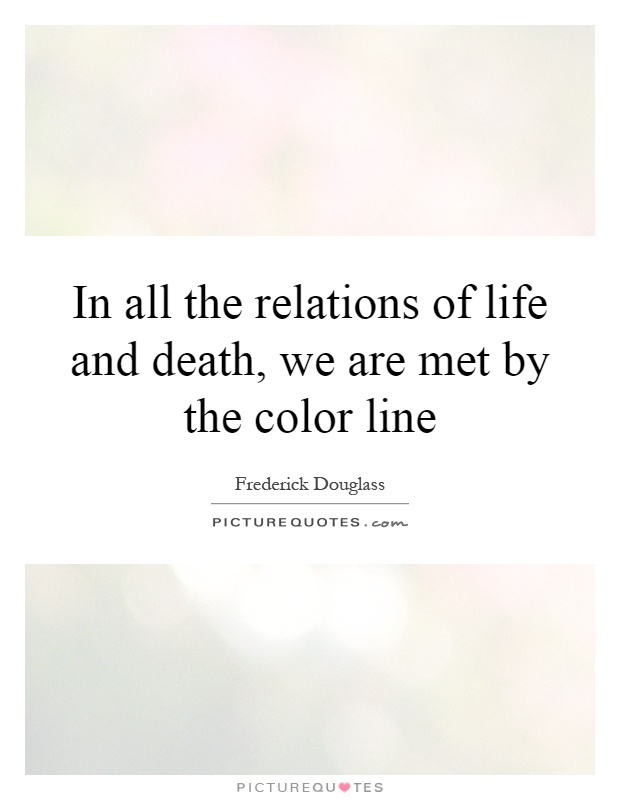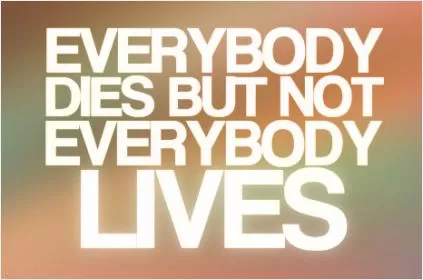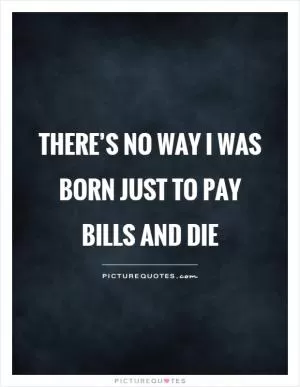In all the relations of life and death, we are met by the color line

In all the relations of life and death, we are met by the color line
Frederick Douglass, a prominent African American abolitionist and social reformer, was acutely aware of the pervasive influence of the color line in all aspects of life and death. Born into slavery in Maryland in the early 19th century, Douglass experienced firsthand the brutal realities of racial discrimination and oppression. Throughout his life, he fought tirelessly to dismantle the color line and secure equal rights for African Americans.Douglass understood that the color line was not simply a physical barrier separating black and white individuals, but a deeply ingrained system of racial hierarchy that permeated every facet of society. From education and employment to housing and healthcare, African Americans faced systemic discrimination and marginalization based on the color of their skin. Even in death, the color line continued to exert its influence, with segregated cemeteries and funeral practices reinforcing the racial divide.
In his famous autobiography, "Narrative of the Life of Frederick Douglass, an American Slave," Douglass vividly described the dehumanizing effects of the color line on both slaves and free blacks. He recounted the horrors of slavery, including the physical and psychological abuse inflicted upon African Americans by their white oppressors. Douglass also highlighted the ways in which the color line perpetuated stereotypes and misconceptions about black people, leading to widespread prejudice and discrimination.
Despite facing immense obstacles, Douglass remained steadfast in his commitment to challenging the color line and advocating for racial equality. He used his platform as a renowned speaker and writer to denounce slavery and promote the rights of African Americans. Through his powerful speeches and essays, Douglass called attention to the injustices faced by black people and urged his fellow citizens to confront their own prejudices and biases.
In one of his most famous speeches, "What to the Slave is the Fourth of July?" delivered in 1852, Douglass eloquently articulated the hypocrisy of celebrating freedom and independence while millions of African Americans remained enslaved. He condemned the color line as a stain on the nation's conscience and called for an end to racial discrimination and inequality.












 Friendship Quotes
Friendship Quotes Love Quotes
Love Quotes Life Quotes
Life Quotes Funny Quotes
Funny Quotes Motivational Quotes
Motivational Quotes Inspirational Quotes
Inspirational Quotes